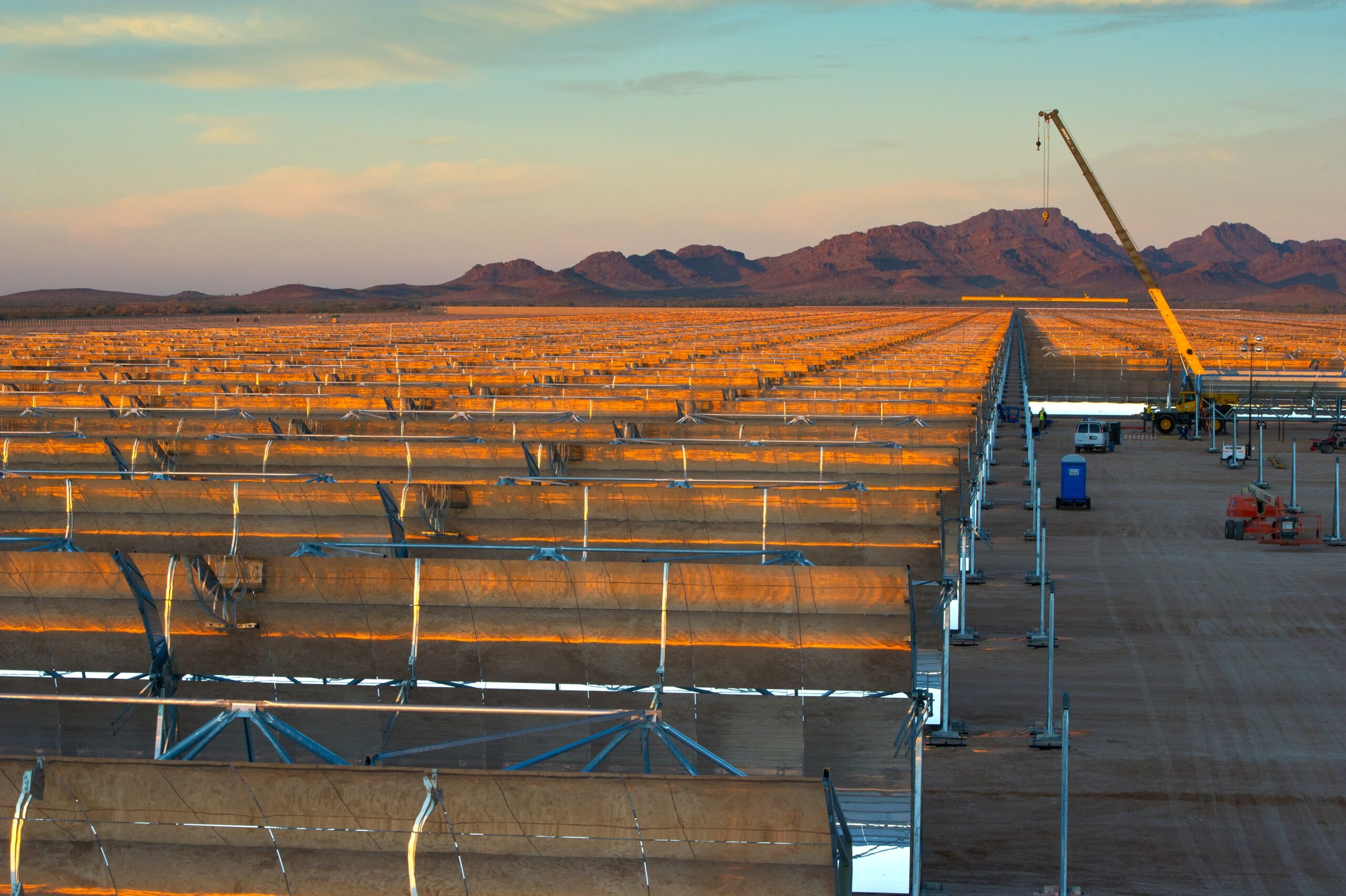
The European Investment Bank (EIB) has signed a funding agreement with Israeli provider of industrial energy storage solutions Brenmiller Energy to build a first-of-its-kind manufacturing plant for innovative thermal energy storage systems.
The $8.8m (€7.5m) in venture debt loan is backed by the European Commission under its research and innovation programme Horizon 2020 and the InnovFin Energy Demonstration Projects facility.
The loan will bridge the gap between conventional power and renewable energy through commercialisation of the third generation of the company’s heat storage and steam generator system throughout Europe, North America and Africa.
Brenmiller Energy’s thermal storage system comprises three main features within one single unit: thermal storage, heat exchangers and a steam generator.
Crushed rock is used as storage material, guaranteeing low maintenance, high performance and an environment-friendly manufacturing cycle.
The technology can also utilise other heat sources such as residual heat or biomass. Brenmiller Energy’s storage solution offers easily scalable energy storage of over eight hours.

US Tariffs are shifting - will you react or anticipate?
Don’t let policy changes catch you off guard. Stay proactive with real-time data and expert analysis.
By GlobalDataEIB vice-president for energy Thomas Östros said: “More and more countries in Europe and around the world are committed to stepping up green electricity generation. While this is certainly a necessary move, renewable energy alone will not solve our climate problem. Energy storage will have to play an equally important role. Only through reliable storage systems can we back up intermittent renewable energy, accelerate the decarbonisation of the electricity grid, improve the security and efficiency of electricity transmission, and also ensure a more secure energy supply. Today’s deal supports a promising technology provider in the field, and I am pleased that the EIB can help this young, innovative company to scale up its production.”
Brenmiller Energy CEO Avi Brenmiller added: “The decarbonisation of heat, industrial and district heating is one of the major challenges in the fight against climate change. I believe our unique thermal storage technology will play a significant role in integrating renewables into the industrial segment, thus enabling deeper integration of renewables into the grid. Our cooperation with the EIB is a major milestone in the road towards the full commercialisation of our technology. The EIB’s support will facilitate the fast ramp-up of our production lines to keep up with the increasing demand for our products.”
European Commissioner for Innovation, Research, Culture, Education and Youth, Mariya Gabriel, said: “All forms of energy storage, including thermal, will play a crucial role in our path to a decarbonised energy system. This is our first InnovFin EDP operation in Israel. It represents another success story in the 25-year cooperation between the European Union and Israel in research and innovation, paving the way to closer alignment with EU priorities such as the European Green Deal.”
—————————————————————————————————————–
Crushed rock is used as storage material, guaranteeing low maintenance, high performance and an environment-friendly manufacturing cycle. Credit: Science in HD/Unsplash.


